New Zealand Micrographic Service (NZMS) was founded in 1990 and it’s sister company Desktop Imaging Ltd in 1997. Andy Fenton is an expert in heritage digitisation projects, and has overseen more heritage projects than any other New Zealander. His expertise in the application of digitisation services for the collections of “memory institutions” is highly valued in the GLAM sector both nationally and internationally.
I moved around a lot as a nipper with seven schools before the age of 12. Not many realise, because I omit to tell them that I was born in Sydney but 'ran away' from there as a seven-month-old. I spent time in Glasgow, Gosport, Ipswich, and Portsmouth before emigrating to Auckland. It was the best thing my parents ever did for me and my older sister. After a few awkward transitional months at the intermediate I was embraced by some brilliant teachers and mates at Papatoetoe High School.
I married Audrey in 1988, and after I left the navy, we joined her parents who came from Perth, in moving to Wellington in 1990 to establish NZMS which turned 31 in June 😊. We have two fantastic kids, Michael and Kate who are gorgeous young adults just starting out on their own careers in Wellington.
| So, why do you think libraries and information services are important to a community? It stems from a personal experience! The simple pleasure of taking my own kids to our local library in Tawa and the city library for many years is a treat to remember. Observing the assistance librarians give folk of all walks of life is a pleasure. Becoming aware of the amazingly rich and diverse resources available in libraries, and online, is one thing; the fact librarians can be so intimate with it, and knowledgeable about it, never ceases to amaze me: “Ask Google anything and it will give you a million answers in seconds, ask a librarian and they’ll provide the right one” resonates so often... |
The flow-on effect of the benefits this will bring to the Aotearoa New Zealand Histories from 2022 onwards and the ability for schools to incorporate their local history is such a cool outcome as well, along with the social and economic benefits more traditionally described as outcomes that libraries bring to our society. Here’s hoping this Government’s focus on well-being means further investment in our sector for guaranteed human, social and financial capital returns!
Do you have a fond moment of a library or librarian you can share with us?
At LIANZA ’97 Conference in Whanganui, Helen Woodhouse who was the Takapuna Library Manager and Margaret from Raeco (and also from Papatoetoe) made a real effort from the first night to ensure a couple of wide-eyed ‘conference virgins’ (yes, we were called that!) were introduced to lots of people and we were made to feel super-welcome throughout the duration of the conference. That simple act of friendship and kindness inspired me for what can be achieved at such an event – admittedly I hadn’t learned I was a vendor yet. You may have heard of the other newbie, it was Kim Taunga and the two of us have shared that story pretty much at every LIANZA Conference since, and to this day I take great pleasure in ensuring first-time LIANZA-goers are made to feel ‘part of the whānau’. 😊
I am especially passionate about (digital) community engagement and believe libraries can offer a brilliant delivery model throughout our country. It’s one way NZMS can show some leadership for and contribute to our sector, and I am / we are very proud to show support this way: we all believe #LibrariesChangeLives.
I consider we are at a juncture for libraries where the right people are saying the rights things; the Government via the NZLPP has provided investment in the right parts of Aotearoa (the community public library); advocacy from LIANZA and the National Library has never been stronger. However, that money runs out in 2022 in classic, unimaginative, pre-pandemic government-funding models. I contend it is time for local and central government to acknowledge the difference our sector can make to the well-being of Kiwis by building library workforce capability, staffing and service offerings in a business as usual financial model for developing our communities. I want to see the energy and impact libraries have made as a result of the pandemic harnessed before the separation becomes too big to span between the haves (access to technology) and the have nots... #DigitalInclusion. Otherwise we will see a wonderful NZLPP blip in the impact that libraries can have in people’s lives… then slip back to us preaching to the converted – ourselves!
I love non-fiction narratives about early Aotearoa and South Pacific exploration – the first inspiration was Maurice Shadbolt’s New Zealand Wars trilogy which I read in the mid-90’s, and I’m currently enjoying Dame Anne Salmond’s Tears of Rangi. For a lighter read favourites include David Baldacci, especially the Camel Club quadrilogy and Lee Child' s Jack Reacher series.
Anything additional you’d like to say about librarians, libraries, or the information sector?
I have always been drawn to selflessness and generosity of spirit which in my extensive experience seems to be a universal trait in librarians. I find I instinctively respond by wanting to participate, to contribute - to help librarians facilitate engagement with communities in ways. NZMS and I can work alongside you to make a difference. I have attended every LIANZA Conference since 1997 in Whanganui and deeply value the collegiality and whanaungatanga which is so prevalent. But it’s never about me, this is about all of us at NZMS saying we deeply respect and admire what librarians do for their respective communities, and we want you to know we appreciate it.
I love the efforts the sector has made in leadership development. Some of the most impressive librarians I met in the nineties and noughties were products of the Aurora course... they inspired me. I was a strong supporter of the Kōtuku initiative and would love to see that re-imagined for present day.

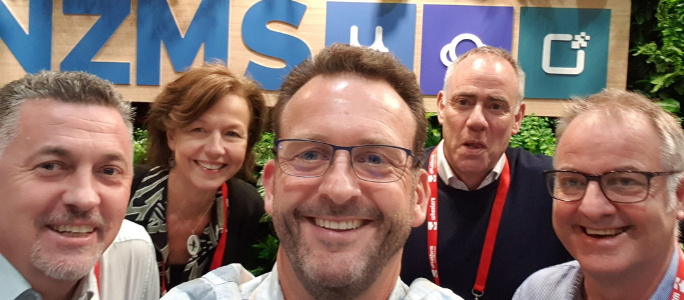
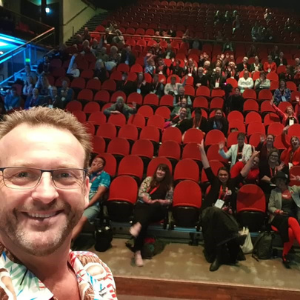


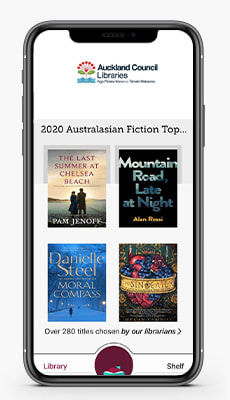
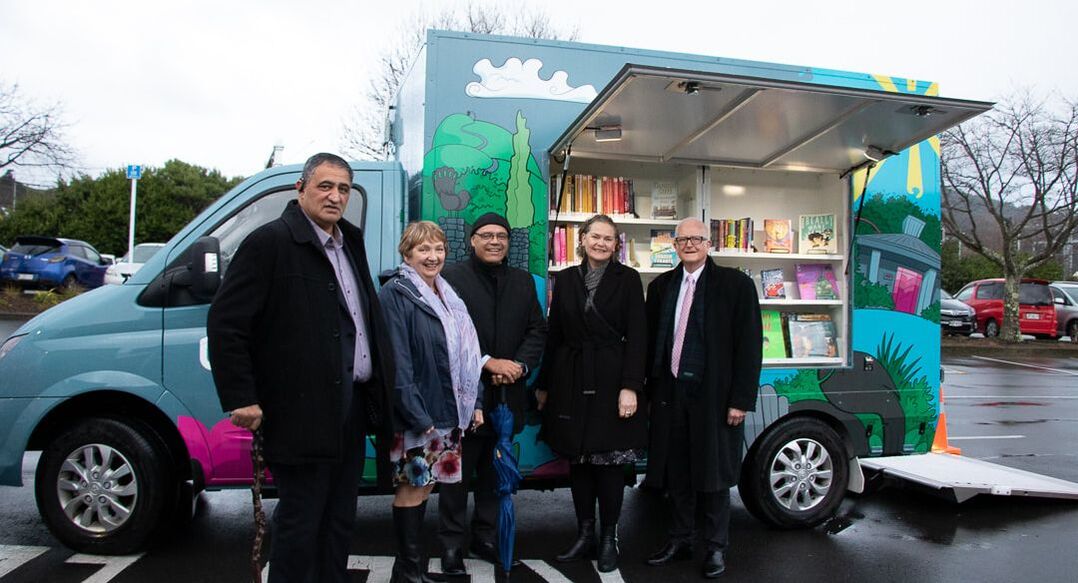
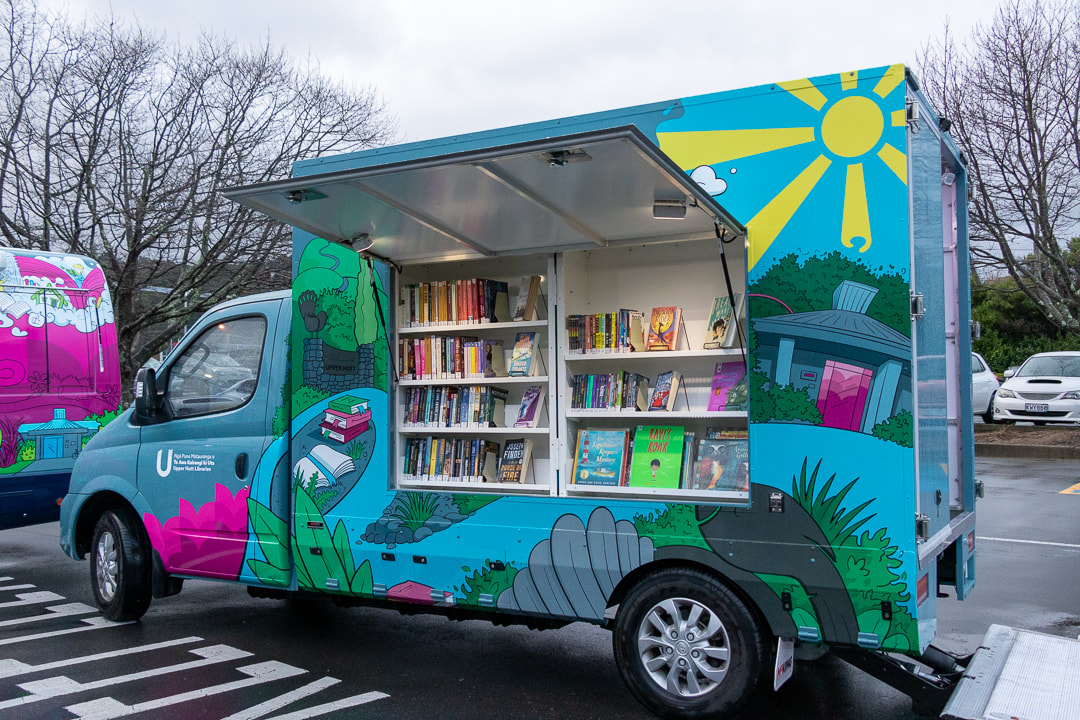

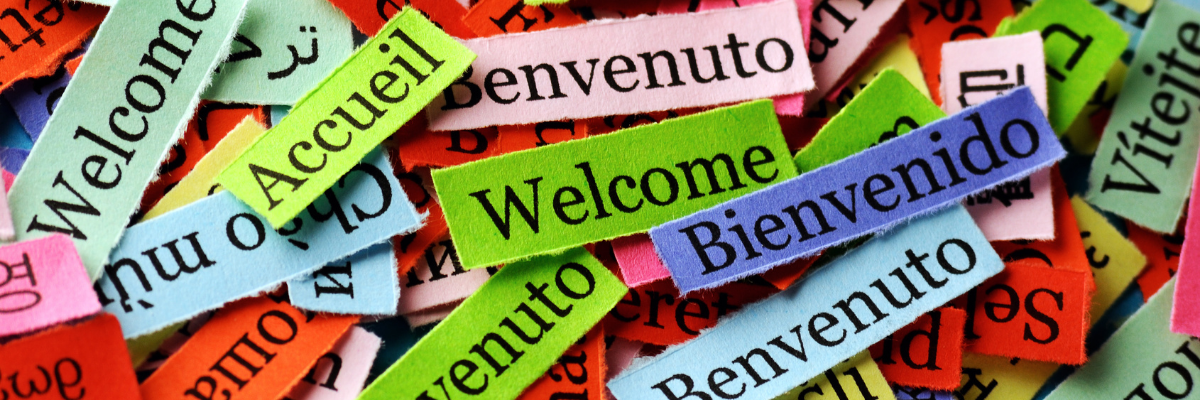

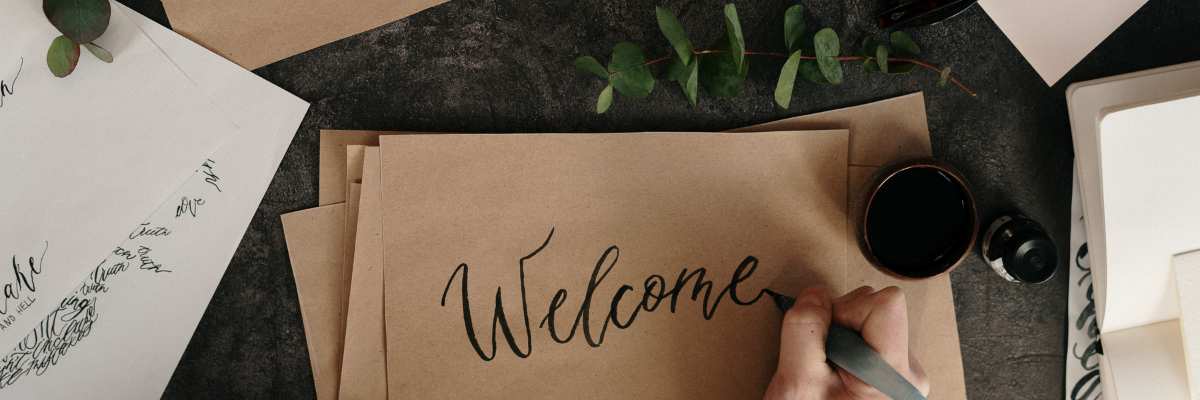
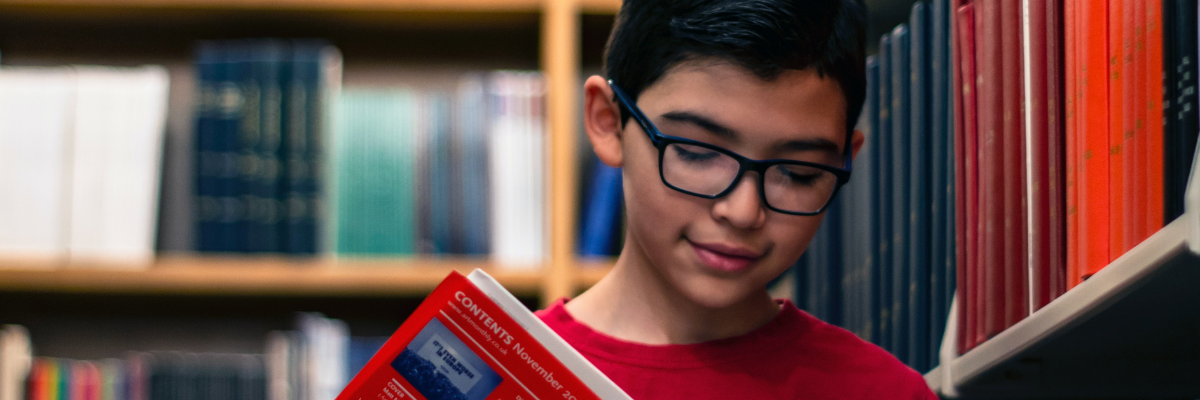


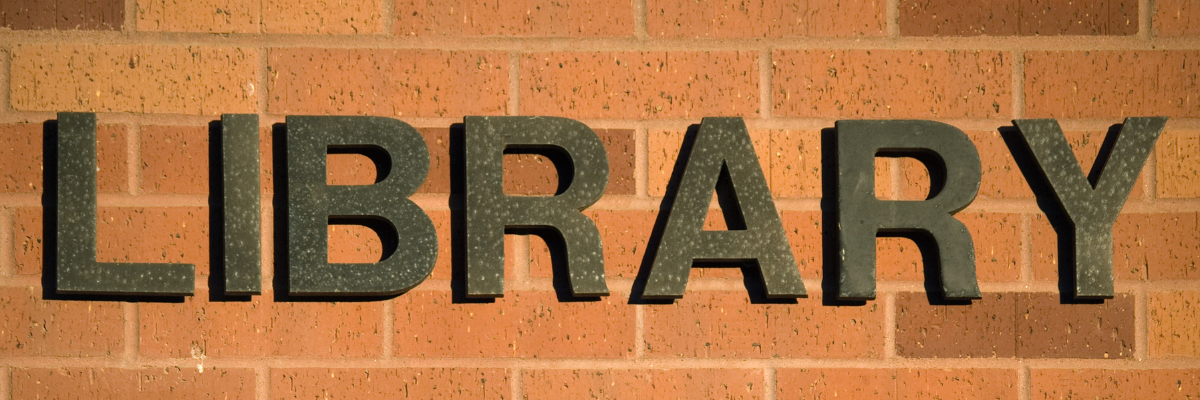

 RSS Feed
RSS Feed